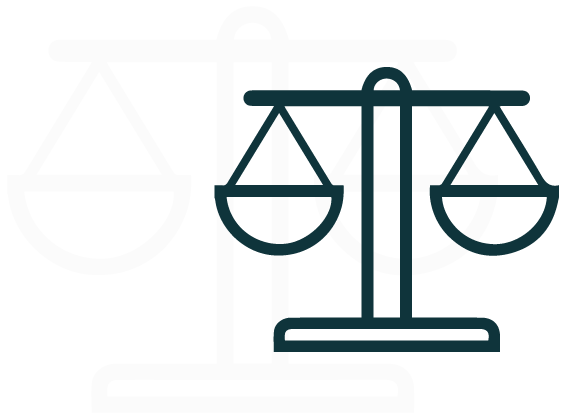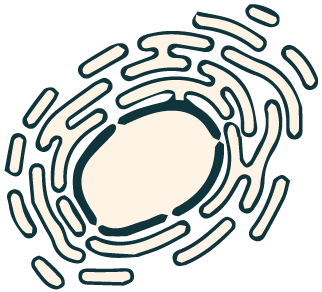This website uses cookies to ensure you get the best experience on our website.
- Table of Contents
6 Citations 8 Q&As
Facts about Angiogenin.

Cleaves tRNA within anticodon loops to generate tRNA-derived stress-induced fragments (tiRNAs) which inhibit protein synthesis and triggers the assembly of stress granules (SGs). Angiogenin induces vascularization of normal and malignant tissues.
| Human | |
|---|---|
| Gene Name: | ANG |
| Uniprot: | P03950 |
| Entrez: | 283 |

| Belongs to: |
|---|
| pancreatic ribonuclease family |

ALS9; ANG; Angiogenin; angiogenin, ribonuclease, RNase A family, 5; EC 3.1.27; EC 3.1.27.-; epididymis luminal protein 168; HEL168; MGC22466; MGC71966; Ribonuclease 5; RNase 5; RNASE5RNASE4
Mass (kDA):
16.55 kDA

| Human | |
|---|---|
| Location: | 14q11.2 |
| Sequence: | 14; NC_000014.9 (20684177..20694186) |
Expressed predominantly in the liver. Also detected in endothelial cells and spinal cord neurons.
Cytoplasmic vesicle, secretory vesicle lumen. Secreted. Nucleus. Nucleus, nucleolus. Rapidly endocytosed by target cells and translocated to the nucleus where it accumulates in the nucleolus and binds to DNA (PubMed:12051708).





PMID: 2866795 by Kurachi K., et al. Sequence of the cDNA and gene for angiogenin, a human angiogenesis factor.
PMID: 11919285 by Zhang J., et al. Diversifying selection of the tumor-growth promoter angiogenin in primate evolution.
*More publications can be found for each product on its corresponding product page